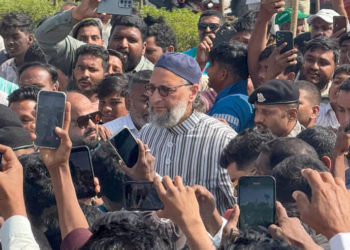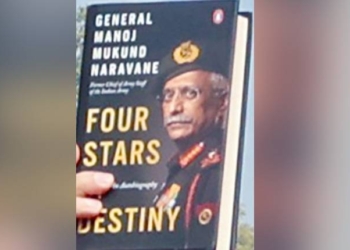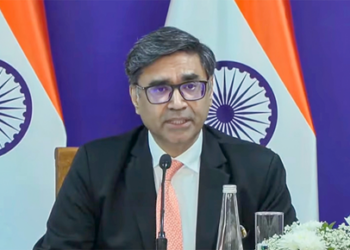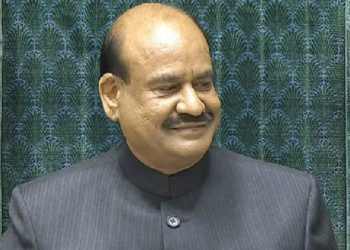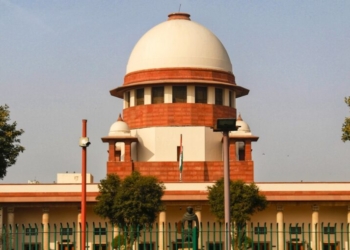New Delhi: The Supreme Court on Tuesday declined to pass any interim order staying the implementation of the rules notified by the Union Home Ministry under the Citizenship Amendment Act (CAA).
Emphasising that the Union government must be given a reasonable time to respond to the interlocutory applications challenging the introduction of 2024 Citizenship Amendment Rules, a Bench headed by Chief Justice of India, DY Chandrachud, posted the matter for further hearing on April 9.
The Bench, also comprising Justices JB Pardiwala and Manoj Misra, refused to pass any direction subjecting grant of citizenship under the impugned law to the outcome of the petitions challenging the validity of CAA.
On Friday, the top court had agreed to urgently list the pleas seeking a stay on implementation of Citizenship Amendment Rules, 2024.
In its application, the Indian Union Muslim League (IUML) stated the rules notified under CAA were manifestly arbitrary and created an unfair advantage in favour of a class of persons on the ground solely of their religious identity, which is impermissible under Articles 14 and 15 of the Constitution.
It added that around 250 petitions challenging the provisions of the CAA were pending before the Supreme Court and in case the CAA is held to be unconstitutional, an “anomalous situation” would arise when people who would have got citizenship under the impugned Act and Rules would have to be stripped of their citizenship.
“Therefore, it is in the best interest of every person to defer the implementation of the CAA and impugned rules till this Hon’ble Court finally decides the matter…The Petitioner had pressed for a stay of the implementation of the provisions of the impugned Act.
“However, the Union of India had told this Hon’ble Court that the rules have not been framed and therefore the implementation will not take place. The Writ Petition has been pending for the last 4.5 years,” the application said.
The CAA 2019 grants citizenship to non-Muslim migrants who had come from Pakistan, Bangladesh, and Afghanistan on or before December 31, 2014.
(IANS)




